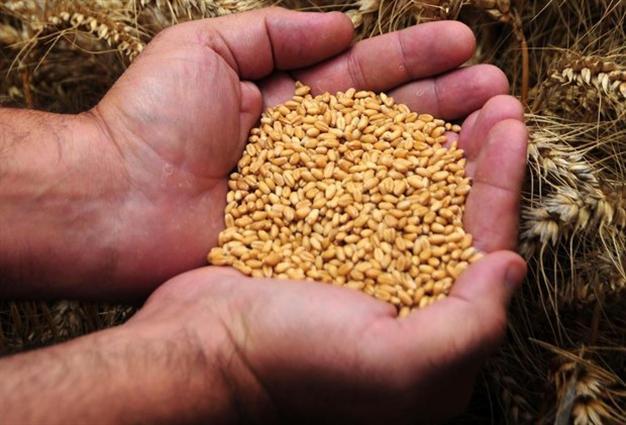Turkey sees record high wheat production levels but keeps importing due to low quality
Burak Coşan - ISTANBUL

DHA photo
Turkey’s wheat production hit a record high of 23 million tons this year after a drought year. Despite a dramatic rise in output, the country has kept importing wheat as the locally produced wheat is of low quality due to unproductive seeds. The productivity level can be increased through certified seeds, according to sector players.Turkey’s wheat production has skyrocketed to 23 million tons over this year, a 4-ton rise from last year. This enabled farmers to recover some of their losses after a drought year. The products with low quality have, however, pushed the country to meet most of its wheat needs from imports.
Saying that it is relieving to see a rise in the productions, the National Coarse Council President Mustafa Yılmazkart added, “Turkey hit record high production levels in wheat over this year. It is very good for all of us not to see a decline in the production of such a key food like wheat in a year when the food prices are rising. The quality problem in wheat production has, however, not been resolved. Turkey imports wheat to produce and export flour in line with the domestic processing regime as its own wheat is not of high quality to process. If we can increase the quality of our output, we could end imports.”
He said most of the country’s farmers are not still conscious enough about increasing quality as they farm with older methods.
According to the Agriculturalists’ Association of Turkey (TZD) Chairman İbrahim Yetkin, the problem with the production in lower quality has been resulted from the inefficient use of certified seeds.
“Around 50-60 percent the wheat production is made with certified seeds. That’s why we cannot reach the desired productivity levels. Turkey imports wheat to produce flour as its productivity levels are low. Besides, we need to wait for rainfalls as we cannot do irrigated farming. This also affects both production and quality negatively,” said Yetkin.
















